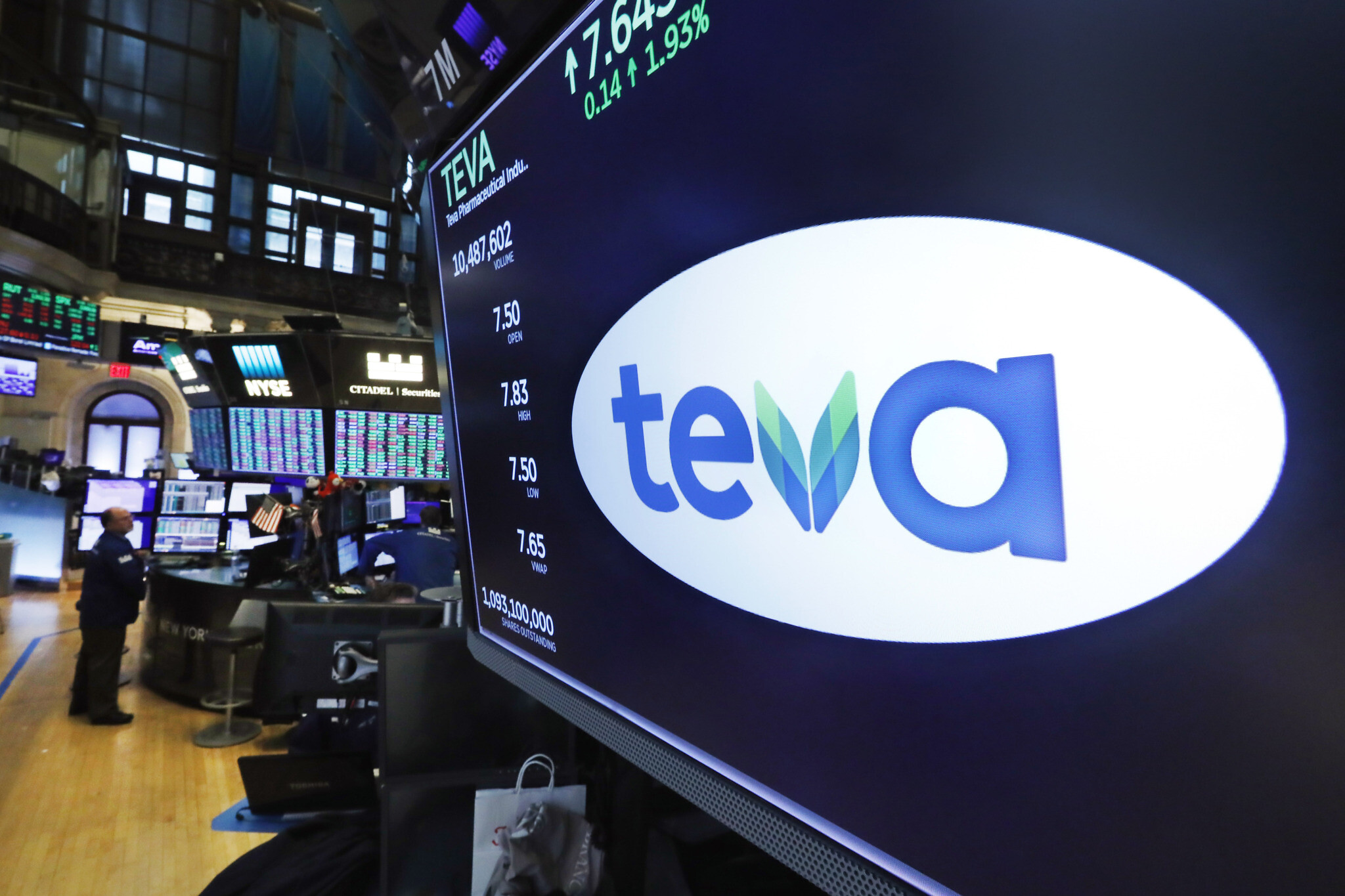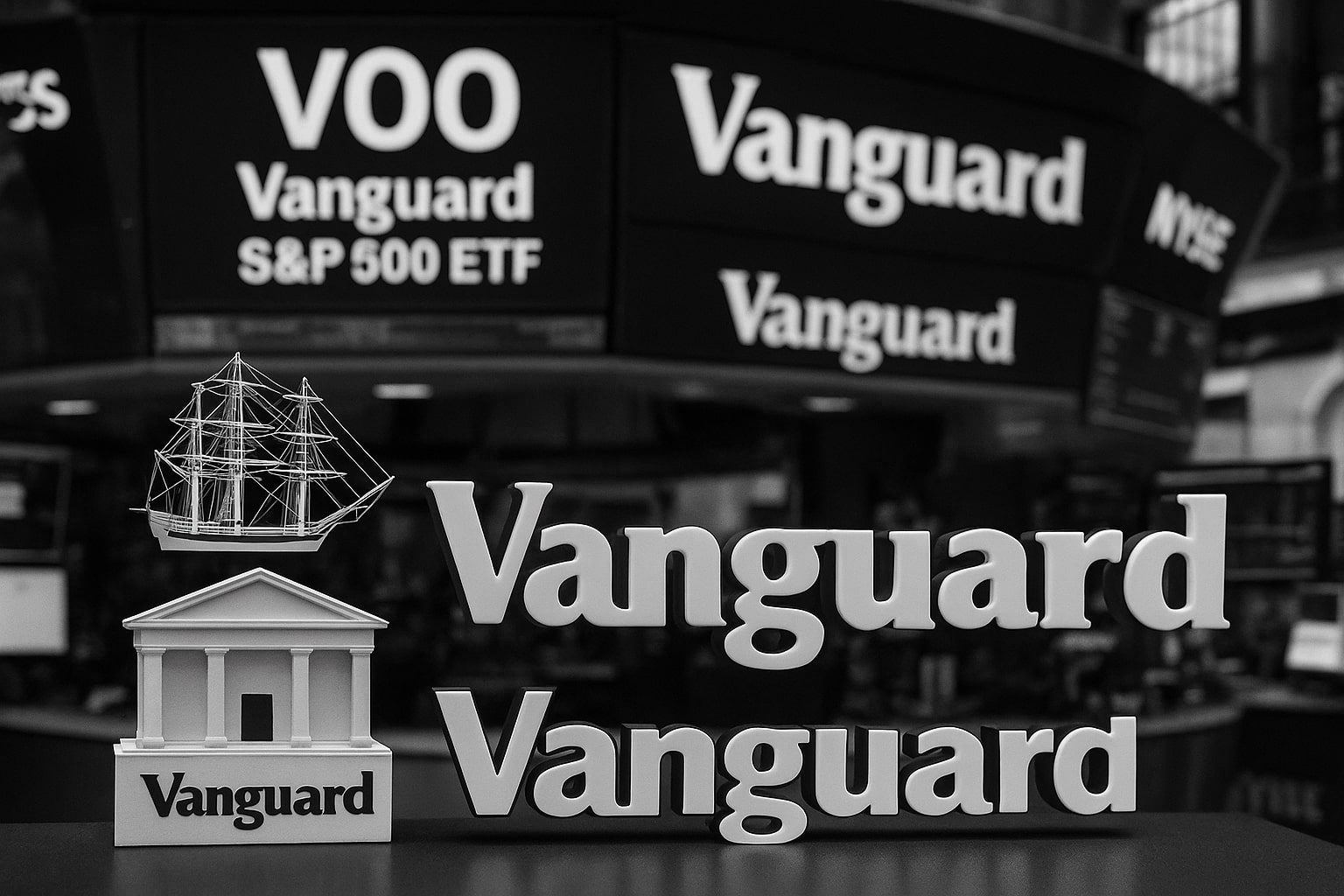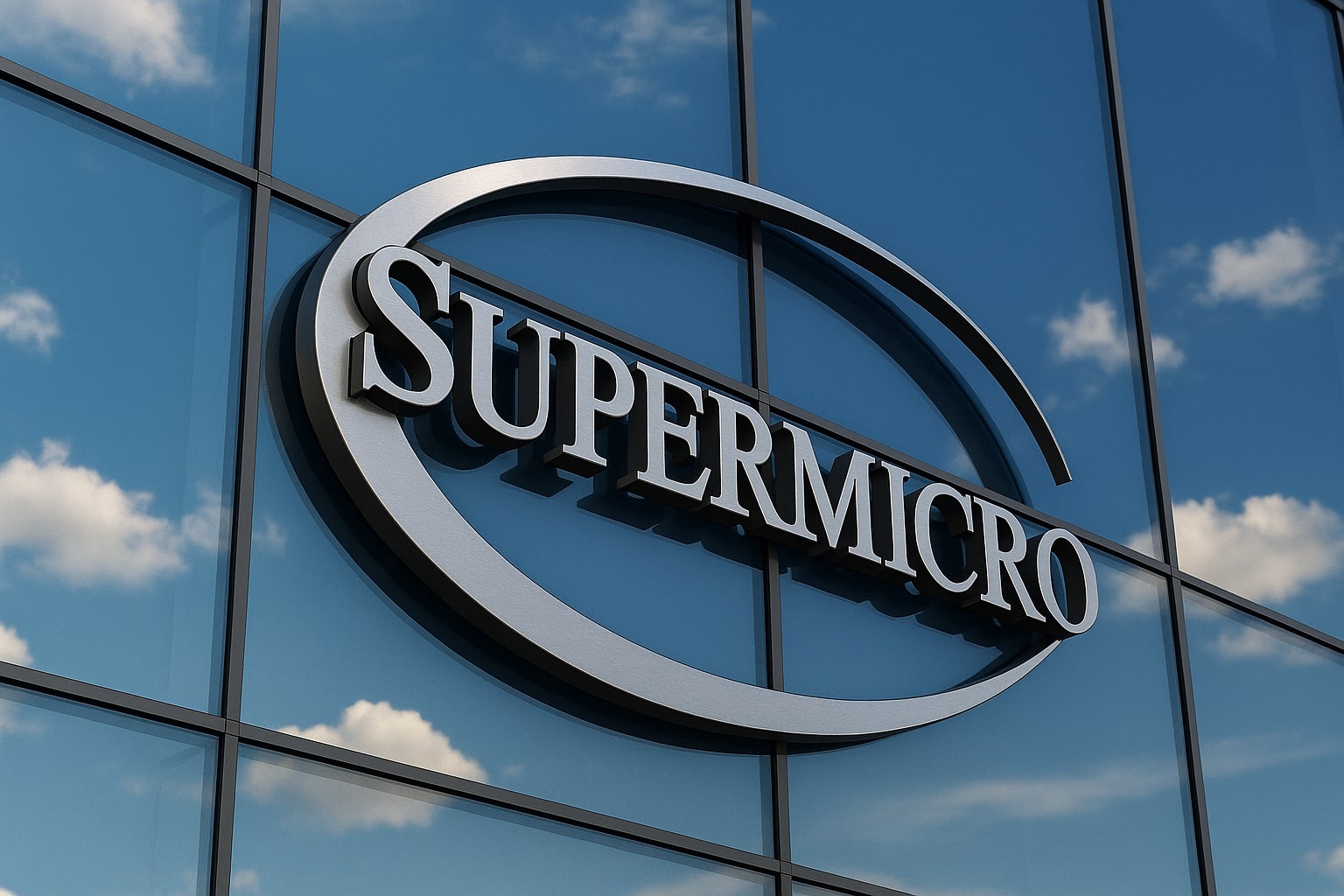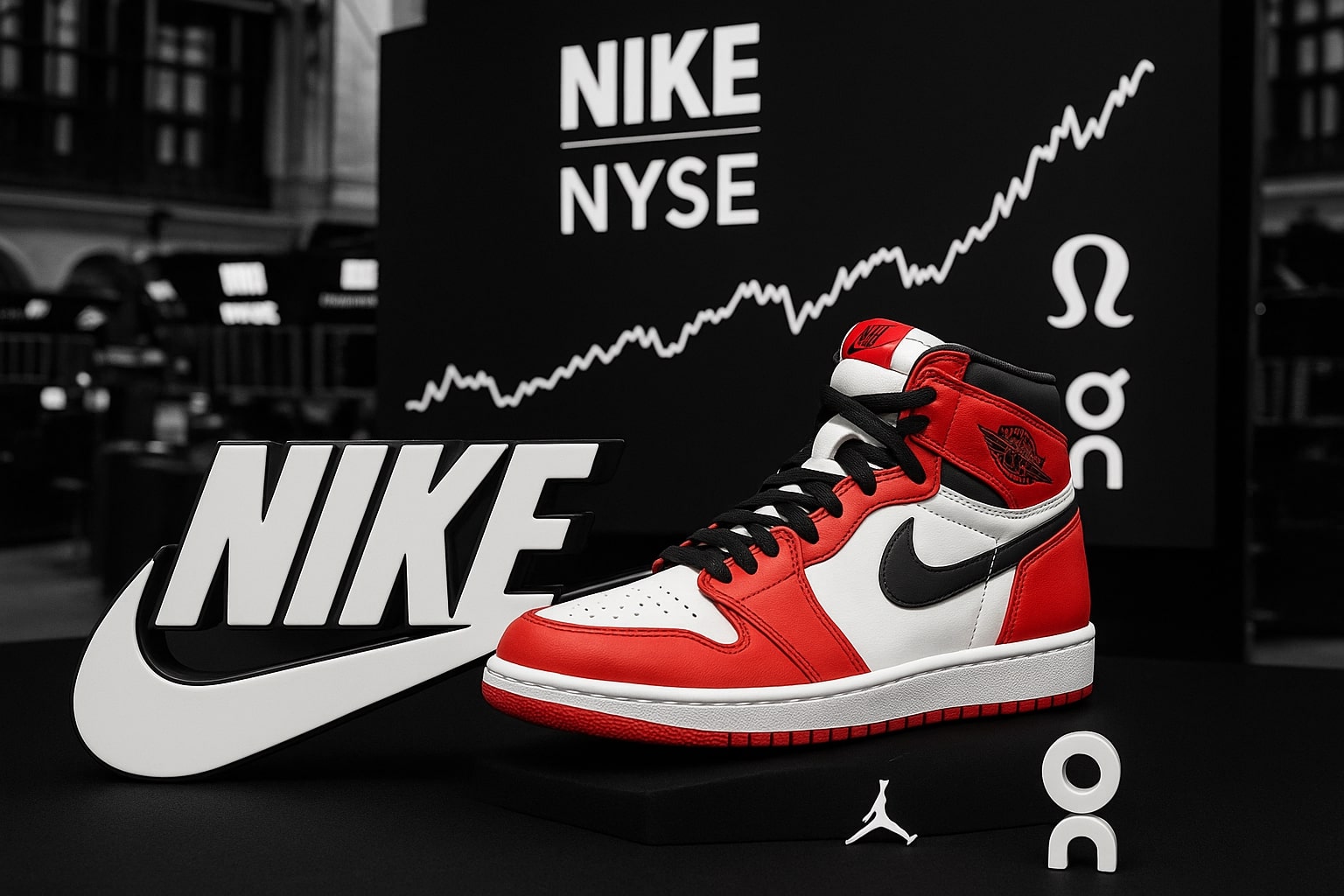
Teva and Alvotech Face FDA Setback for Humira Biosimilar
Companies Determined to Address Concerns and Pursue Approval Amid Competition in High-Potency Biosimilar Market
Teva Company (US) and its partner Alvotech recently faced a setback after the US Food and Drug Administration (FDA) issued a Complete Response Letter (CRL) refusing to approve the license application for AVT02, a biosimilar candidate for Humira (adalimumab). The FDA cited deficiencies identified in Alvotech's manufacturing facility as the reason for their decision. This is the second time the FDA has turned down the marketing application for AVT02.
A CRL is a notice from the FDA to an applicant, informing them that the agency has completed its review of the application but cannot approve it in its current form. In this case, the deficiencies discovered in Alvotech's manufacturing facility must be corrected for the FDA to approve the application. Teva and Alvotech are currently examining the details of the inspection and the CRL to determine their next steps. Their main goal is to address the concerns raised and obtain approval to market and sell AVT02 in the United States as soon as possible.
Despite this disappointing outcome, Teva remains fully committed to its leadership in the field of biosimilars and to its partnership with Alvotech. The company is optimistic about additional compounds in the pipeline and future progress with AVT02. A month ago, Oppenheimer Investment Bank anticipated that Teva's free cash flow for 2023 would range between $1.7-2.1 billion. At the time, FDA approval of the generic version of Humira, the world's most successful biological drug, was seen as a significant catalyst for increasing Teva's revenues.
Teva and Alvotech's hopes of launching their biosimilar of AbbVie’s high-potency formulation of Humira have been impacted by the FDA's decision. Other competitors, such as Amgen's Amjevita and Samsung Bioepis/Organon’s Hadlima, have already launched or are preparing to launch their high-potency biosimilars. Teva and Alvotech aimed to launch AVT02 on July 1st, but the CRL from the FDA jeopardizes this plan.
While the FDA is still reviewing a separate interchangeability application for AVT02, which could give it an advantage over other high-potency Humira biosimilars, the current state of the manufacturing facility must be resolved. Boehringer Ingelheim’s Cyltezo was approved as interchangeable with Humira in 2021, but it is a copy of the original formulation of AbbVie’s drug.
Teva and Alvotech's partnership, established in 2020, covers five product candidates, with Alvotech responsible for development, registration, and supply, while Teva handles commercialization in the US market. Despite the CRL, Teva remains committed to its partnership with Iceland-based Alvotech.
AbbVie introduced a high-potency, low-volume formulation of Humira (adalimumab) without citrate buffers, which can cause pain at the injection site, in 2018. This formulation has rapidly grown in popularity and now represents almost all sales of the drug in the market, according to IQVIA data. While Teva works on addressing the FDA's concerns and refocusing on organic growth, it has also resolved the long-standing "opioid affair" with a compromise agreement that includes annual cash payments of $350-400 million in 2023 and about $350 million per year for the following ten years. This clarity regarding compensation payments allows Teva's management to focus on implementing its new strategic plan and budgeting for the development and marketing of new drugs.
Read More
-
Vanguard S&P 500 ETF (VOO) Stays Above $600 as Buybacks, Growth, and Rate Cuts Power U.S. Rally
16.10.2025 · TradingNEWS ArchiveStocks
-
XRP ETFs Surge With $1.9B Inflows to XRPI, XRPR, and XRPL XRP-USD Slides to $2.33
16.10.2025 · TradingNEWS ArchiveCrypto
-
Natural Gas Drops Below $3.00 as Record Output and Warm Weather Pressure Prices
16.10.2025 · TradingNEWS ArchiveCommodities
-
USD/JPY Price Forecast - USDJPY=X Drops Below 151.10 as Overbought Dollar Faces Pressure from Weak Momentum and Rising Geopolitical Tension
16.10.2025 · TradingNEWS ArchiveForex


















